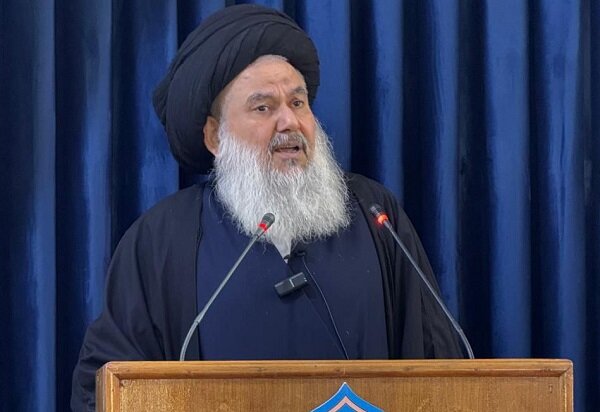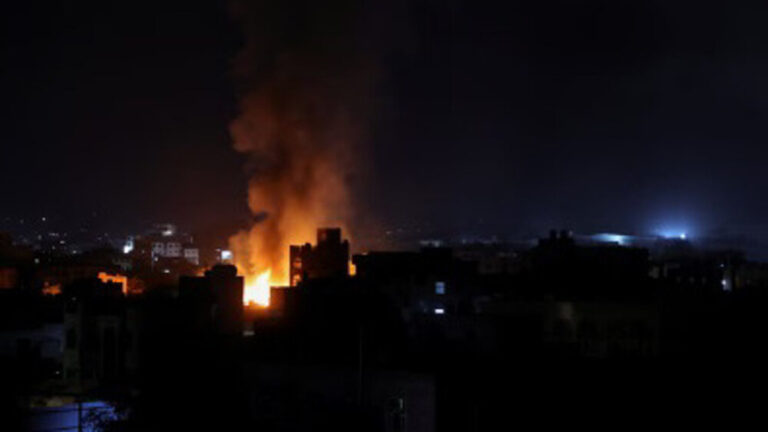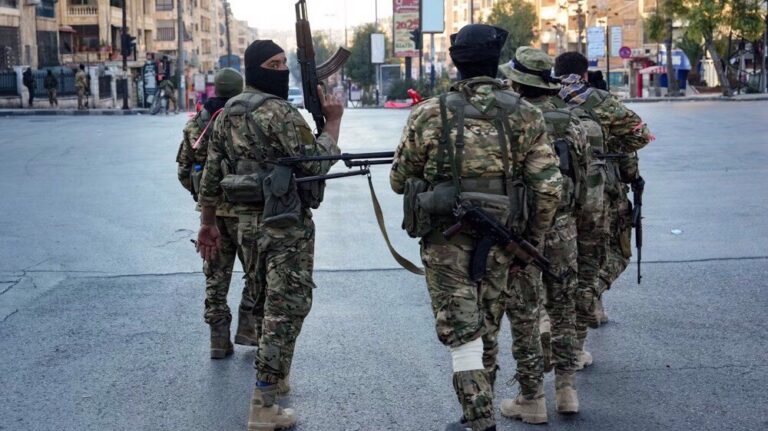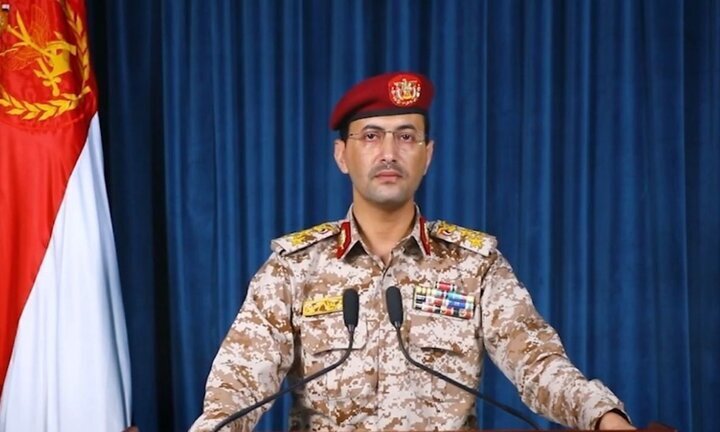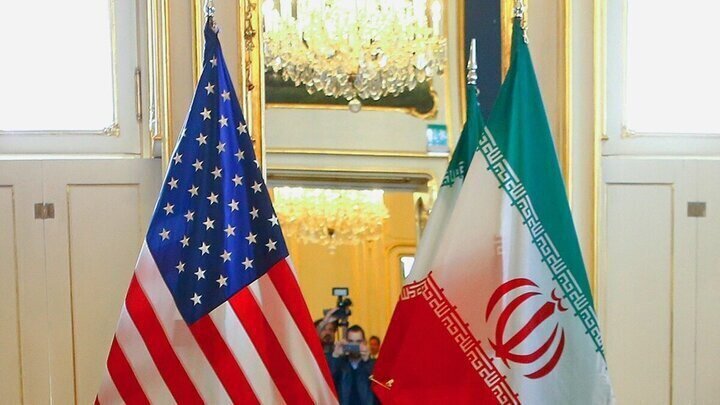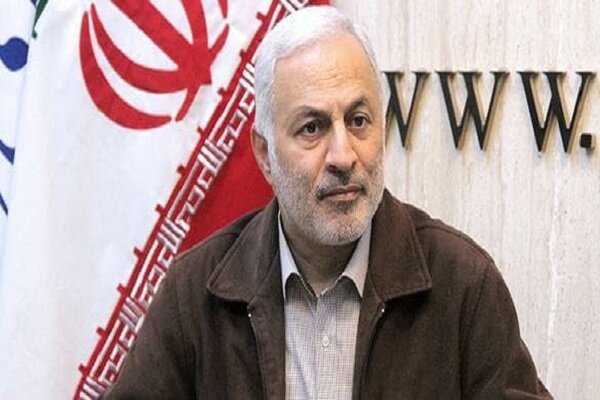Baghdad Friday Prayers Leader Rejects Visit from Syrian Ruler: A Stand Against Regional Diplomacy
In a powerful Friday prayer sermon delivered in Baghdad, Ayatollah Seyyed Yassin Mousavi emphasized the importance of the Palestinian issue, urging that it should remain a central concern for both Arab and Muslim nations. His comments highlight the ongoing complexities of regional politics, especially regarding normalization with Israel.
During his address, Ayatollah Mousavi pointed out a troubling trend in which some Arab nations have chosen to normalize their relations with Israel, often under pressure from the United States. He stated, “Some Arab countries have normalized their relations with Israel under American pressure since the Carter era.” This sentiment reflects a deep-seated frustration among those who believe that the Palestinian cause has been sidelined.
The Ayatollah further elaborated on the historical context, referencing specific countries that have made concessions over the years. He mentioned:
- Egypt during the presidency of Hosni Mubarak
- Jordan under King Hussein
- The United Arab Emirates and other nations
According to him, these nations have essentially abandoned the Palestinian cause, which remains a vital issue for many Arabs. He expressed that despite the normalization efforts, the Palestinian issue continues to resonate strongly within the hearts of Arab citizens. “These countries…gave up on the Palestinian issue, while this issue is still alive in the hearts of the Arab nations,” he asserted.
Ayatollah Mousavi attributed the normalization of relations between these nations and Israel to a combination of greed and fear. He described fear of war, loss of sovereignty, and economic sanctions as driving factors. He stated, “These countries are now supported by the US, but they know very well that Washington does not hold on to any promise, as history shows.”
He expressed particular astonishment over the United Arab Emirates’ decision to normalize relations with Israel, remarking, “This has gone to the point where the UAE has turned from an Arab country into a Hebrew country.” This transformation highlights the significant geopolitical shifts occurring in the Middle East.
Furthermore, Ayatollah Mousavi criticized a faction in Lebanon advocating for normalization with Israel, labeling them as lacking principles. He stated, “There is a faction in Lebanon that calls for normalization of relations with the Zionist regime, and I consider this faction to lack any principles or foundations.”
He contrasted Iraq’s stance with that of other Arab nations, asserting that Iraq is not merely a puppet of the American regime. He highlighted the current political dynamics, mentioning that former President Trump has urged countries like Jordan and Egypt to relocate Palestinians, aiming to assert control over Gaza. He remarked, “This happened only because of the weakness of the Ummah and its lack of their bravery.”
The Ayatollah also raised concerns about the invitation extended to Abu Muhammad al-Jolani to visit Iraq, labeling him a terrorist responsible for the deaths of many Iraqis. He questioned, “How can Iraq host him at this stage?” This inquiry underscores the complexities of hosting controversial figures amid ongoing security concerns.
In his closing remarks, Ayatollah Mousavi touched upon the broader regional implications, referring to the efforts of the United States and Israel to undermine the Shiite movement in Lebanon. He expressed confidence in the resilience of Shiite fighters, stating, “The Shiite fighters of Lebanon will defeat the Zionists and the Americans.” His assertion reflects a strong sense of determination and hope for the future of the region.
In summary, Ayatollah Seyyed Yassin Mousavi’s sermon serves as a poignant reminder of the ongoing struggles surrounding the Palestinian issue and the broader dynamics of Arab-Israeli relations. His remarks resonate deeply with many who continue to advocate for the rights and recognition of Palestinian people amidst evolving geopolitical landscapes.
As these discussions unfold, the importance of unity among Arab and Muslim nations in addressing the Palestinian cause remains a critical topic, as emphasized by religious and political leaders alike.
